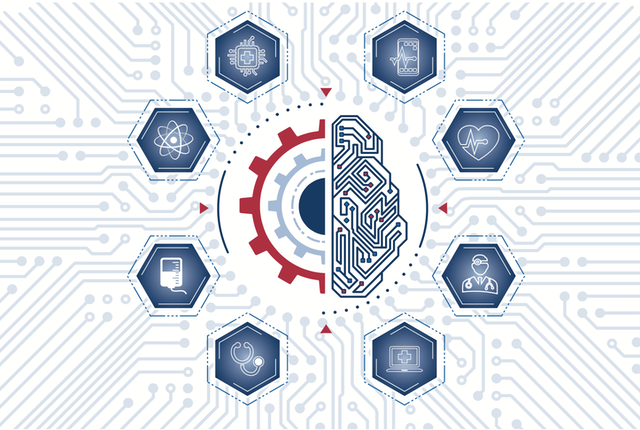
How Artificial Intelligence In ICT4D Projects Can Improve Lives
Artificial intelligence (AI) can be used in ICT4D projects to improve people’s lives in developing countries by providing access to information, opportunities, and services, and by promoting innovation and efficiency in various sectors. Some examples include:
- Healthcare: AI can be used to improve the diagnosis and treatment of diseases, through the use of machine learning algorithms to analyze medical data and identify patterns. It can also be used to support telemedicine and remote healthcare services, allowing for the delivery of care to people in remote or underserved areas.
- Education: AI can be used to personalize learning and adapt to the needs of individual learners, through the use of adaptive learning algorithms and other technologies. It can also be used to analyze data on learning outcomes and identify areas for improvement.
- Agriculture: AI can be used to improve the efficiency and productivity of agriculture, through the use of precision agriculture technologies such as remote sensing and GPS-based farming tools. It can also be used to analyze data on crop yields and identify patterns that can inform decision-making.
- Financial inclusion: AI can be used to expand access to financial services, through the use of mobile banking and other digital financial technologies. It can also be used to analyze data on financial behavior and identify patterns that can inform the design of financial products and services.
Introducing ASEAN Guiding Principles for Ethical AI Governance
Responsible AI is much more difficult to capture in a broad, catch-all definition, as the very notion of “responsibility” is closely tied to broader digital...
Ranking African Government Artificial Intelligence Readiness
Oxford Insights Government AI Readiness Index aims to provide valuable insights for effective and responsible artificial intelligence integration into public services....
Lessons Learned: I Built a Successful Generative AI Chatbot that Failed
Grab your popcorn! This is gonna be a great crash and burn story about Generative AI success and failure in 2024!
I recently built a GenAI chatbot that successfully...
Find Generative AI Insights in USAID Development Experience Clearinghouse
In the complex world of international development, understanding what works and what doesn’t is crucial to maximizing the impact of foreign aid. Traditionally,...
9 Ways Artificial Intelligence is Improving Nigeria’s Agriculture Outcomes with Smallholder Farmers
Nigeria‘s population of over 221 million is growing rapidly – over 2.6% annually – and the country faces significant challenges in meeting the...
How Generative AI Will Affect Election Misinformation in 2024
Generative AI models like DALL-E and ChatGPT showcase the creativity and utility of AI. Yet these tools – which can generate realistic image, audio and video...
Winning Funding Proposals Written by Generative AI: Should That Matter to You?
Generative AI is getting better every day. We now have ChatGPT4, Claude 3, Gemini, Perplexity, and whole gamut of specialized GenAI tools that await your discovery....
Apply Now: Mozilla Senior Fellowship for Trustworthy Artificial Intelligence
Building sustained political power is an important task for civil society organizations to shift the public narrative on artificial intelligence and promote trustworthy...
Plan for Failure to Succeed with Artificial Intelligence Healthcare
Recent advances in Artificial Intelligence (AI) suggest that AI applications could transform healthcare delivery in the Global South. However, as researchers and...
Please Give USAID Your Feedback on the Global AI Research Agenda
The rapid development of artificial intelligence technologies is taking place in a highly-connected global context, in which funding, data, talent, and computing...











